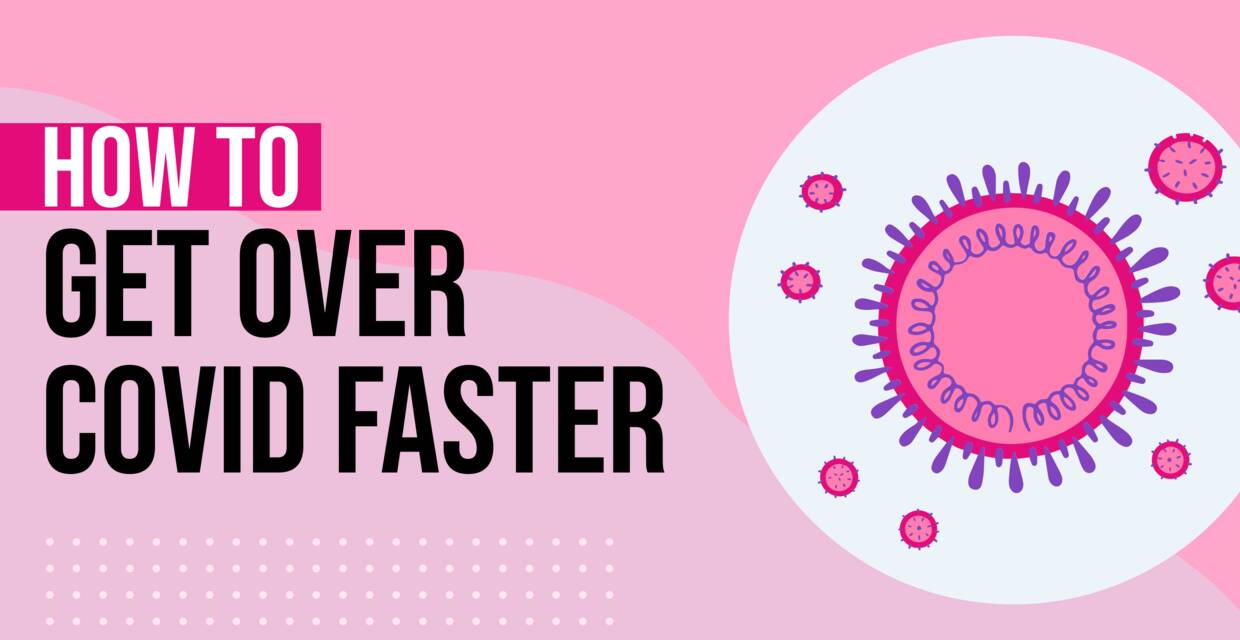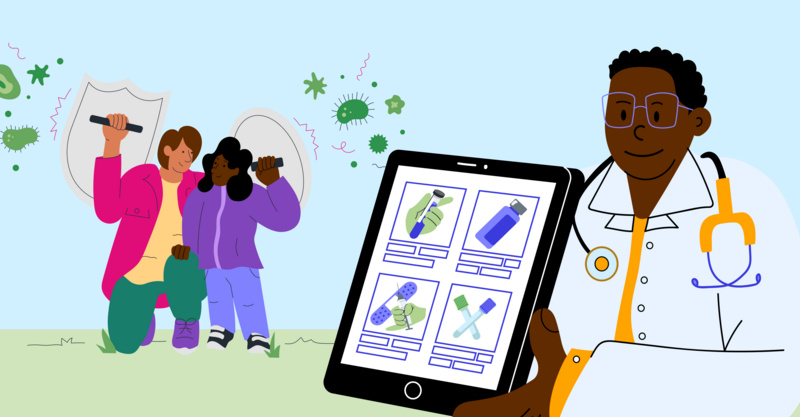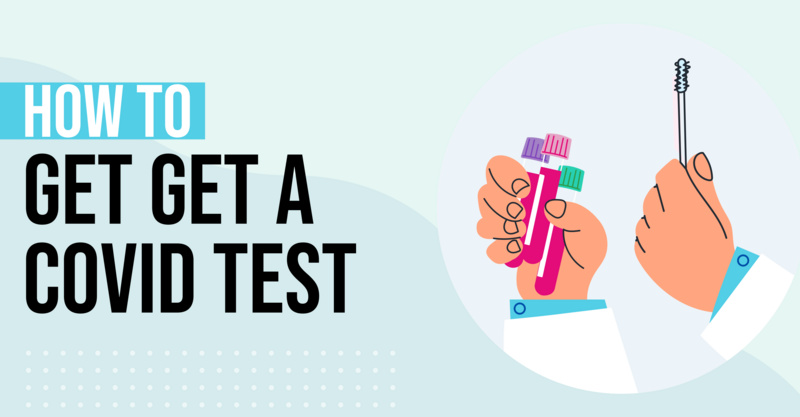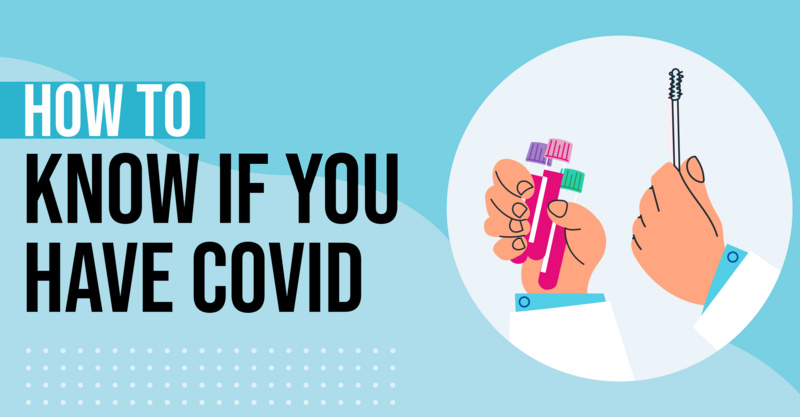Key Points
- The article provides a comprehensive overview of COVID-19, a respiratory illness caused by the SARS-CoV-2 virus, discussing its symptoms, recovery tips, and prevention strategies.
- Symptoms of COVID-19 can vary, but commonly include fever, cough, fatigue, shortness of breath, body aches, sore throat, and loss of taste or smell.
- For those who test positive, following CDC's isolation guidelines, maintaining good hydration, taking over-the-counter medication for fever and body aches, and potentially using antiviral medication are recommended for recovery.
- Regularly monitoring symptoms is crucial, especially for high-risk groups such as older adults, people with underlying medical conditions, immunocompromised individuals, and pregnant women.
- The article emphasizes the importance of preventive measures like vaccination, hand hygiene, social distancing, and maintaining a healthy lifestyle, as well as staying updated with the latest information from health authorities.
COVID-19 is a highly contagious respiratory illness caused by the SARS-CoV-2 virus. The virus was first identified in December 2019 and quickly spread globally, leading to a pandemic in 2020.
The symptoms of COVID-19 can range from mild to severe, with some people being asymptomatic (meaning they show no symptoms at all), according to the Mayo Clinic. They note that the most common symptoms include fever, cough, and fatigue. However, a slew of other symptoms have also been reported, including shortness of breath, body aches, sore throat, and loss of taste or smell.
Because the symptoms and severity of symptoms vary so widely from person to person, it is important to stay up to date with current information and know how to support your recovery if you get it. Below, you’ll find the best tips and home remedies we found that could help you recover from COVID-19 faster.
What to do if You Have COVID-19
1. Follow Isolation Guidelines
If you test positive for COVID-19, it is important to follow the isolation guidelines set by the CDC. This will help ensure that you don’t spread the virus to other people, who could be vulnerable. Current CDC isolation guidelines are as follows:
- Stay home and isolate from others in your home for at least 5 days (day 1 being the first full day of symptoms or the day you test positive)
- Wear a high-quality mask if you must be around others at home and in public
- Do not travel
- Use a separate bathroom, if possible
- Take steps to improve ventilation at home, if possible
- Don’t share personal household items, like cups, towels, and utensils
- Monitor your symptoms and seek emergency care if you develop trouble breathing
2. Rest & Stay Hydrated
COVID-19 can cause a range of symptoms, including fever, cough, and fatigue, according to the Mayo Clinic. The Mayo Clinic also notes that resting and staying hydrated are great ways to support your recovery. Everyday Health also notes that you should pause your workout routine while you have symptoms.
3. Take Over-the-Counter Medication for Fever and Body Aches
Acetaminophen and Ibuprofen can be used to help reduce a fever or relieve body aches and headaches from COVID-19, according to the Mayo Clinic. They recommend that you follow the instructions on the label.
4. Check to see if an Antiviral Medication is Available for You
There are two anti-viral medications formulated to treat COVID-19 (Paxlovid and Lagevrio), according to Everyday Health. Seeing a doctor is the only way to get a prescription, however, this can sometimes be done via a telehealth appointment. In most cases, antiviral medication must be started within 72 hours of symptom onset or testing positive. The CDC recommends these anti-viral medications for anyone who is at high risk for a severe infection, including people over 65 and immunocompromised people. It is important to note that monoclonal antibodies that were used early in the pandemic are no longer useful for the current strains, according to the CDC.
5. Monitor Your Symptoms
It is important to monitor your symptoms while you are treating COVID-19 at home, so you know if you need to seek medical attention. Here are some signs to watch for, according to the Mayo Clinic:
- Trouble breathing
- Constant chest pain or pressure
- Trouble staying awake
- New confusion
- Pale, gray, or blue-colored skin, lips, or nail beds—depending on your skin color
Who’s at Higher Risk for Complications From COVID-19?
If you are in a high-risk group, it is important to be especially vigilant about monitoring your symptoms and seeking medical attention if necessary. According to the CDC, high-risk groups include:
- Older adults (65+)
- People with underlying medical conditions such as heart disease, diabetes, or lung disease
- People with weakened immune systems
- Pregnant women
If you are in a high-risk group, it is important to contact your healthcare provider right away since an antiviral medication could be appropriate for you. Your medical provider can help you determine the best course of action and provide guidance on how to manage your symptoms.
Prevention Strategies
1. Vaccination
The most effective way to prevent COVID-19 is to get vaccinated, according to the CDC. They note that evidence shows vaccines are safe and effective in reducing the risk of severe illness, hospitalization, and death. The CDC recommends that everyone eligible for vaccination should get vaccinated as soon as possible and stay up-to-date with boosters.
You can learn more about the 2023 COVID-19 booster and how to get vaccinated with Solv.
2. Wash Your Hands to Reduce the Risk of Transmission
You can reduce the risk of getting sick with COVID-19 and other illnesses by washing your hands, according to the CDC. They recommend the following steps:
- Wet your hands with clean, running water (warm or cold), turn off the tap, and apply soap
- Lather your hands by rubbing them together with the soap. Lather the backs of your hands, between your fingers, and under your nails
- Scrub your hands for at least 20 seconds (enough time to hum the “Happy Birthday” song from beginning to end twice)
- Rinse your hands well under clean, running water
- Dry your hands using a clean towel or an air dryer
3. Other Ways to Reduce Risk of Transmission
The CDC also notes other ways you can reduce your risk of getting sick or passing the illness on to someone else:
- Avoid close contact with people who are sick
- Stay home if you are feeling unwell
- Wear a mask in public settings, especially when social distancing is difficult
- Maintain social distancing of at least 6 feet from others
- Avoid large gatherings and crowded places
4. Support Your Immune System With a Healthy Lifestyle
Evidence shows that people with comorbidities have a harder time recovering from COVID-19, according to the CDC. They also note that your lifestyle choices can help reduce or improve your comorbidities. Here are some lifestyle changes you can make:
- Eat a well-balanced diet
- Exercise daily (be sure to check with your doctor before starting or modifying your exercise routine)
- Get routine health and wellness checkups
- Stay up-to-date with all your recommended immunizations
Important Things to Remember When You Have COVID-19
COVID-19 continues to be a common illness, as the pandemic continues in most areas of the world. Here’s how to take care of yourself if you find yourself experiencing symptoms of COVID-19 or testing positive:
- Stay hydrated
- Get plenty of rest
- Take over-the-counter medications for your fever and body aches
- Ask a healthcare provider if an antiviral medication is right for you
- Monitor your symptoms
- Go to urgent care if your symptoms worsen or if you have difficulty breathing
Remember that if you are experiencing symptoms or have been exposed to someone with COVID-19, it's important to take action to protect yourself and others. Follow the CDC's recommendations for isolation and masking.
Frequently asked questions
What is COVID-19 and what are its symptoms?
COVID-19 is a respiratory illness caused by the SARS-CoV-2 virus. Its symptoms can vary, but commonly include fever, cough, fatigue, shortness of breath, body aches, sore throat, and loss of taste or smell.What should I do if I test positive for COVID-19?
If you test positive, it's crucial to follow the CDC's isolation guidelines, rest, stay hydrated, and take over-the-counter medication for fever and body aches. Depending on your condition, antiviral medication may be recommended.Who are at higher risk of severe COVID-19?
Those at higher risk include older adults, people with underlying medical conditions, immunocompromised individuals, and pregnant women.How can I prevent the spread of COVID-19?
Preventive measures include getting vaccinated, practicing hand hygiene, maintaining social distancing, and leading a healthy lifestyle.Why is it important to monitor symptoms?
Monitoring symptoms is essential to detect any changes or worsening of the condition, especially for those at higher risk.What role does a healthy lifestyle play in COVID-19 prevention?
A healthy lifestyle can boost your immune system, making you less susceptible to severe illness.What are the recommended recovery strategies for COVID-19?
Recovery strategies include rest, hydration, over-the-counter medication for fever and body aches, and potentially antiviral medication.Where can I get the latest information and guidelines about COVID-19?
It's important to stay updated with the latest information and guidelines from trusted health authorities like the CDC.
Solv has strict sourcing guidelines and relies on peer-reviewed studies, academic research institutions, and medical associations. We avoid using tertiary references.


 LinkedIn
LinkedIn










